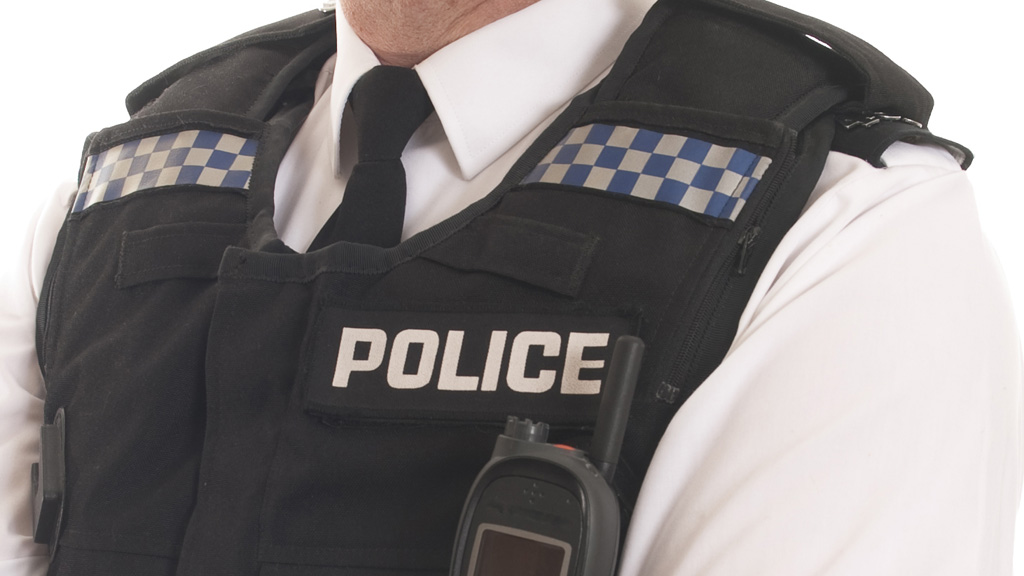‘Step change’ to limit police corruption
A Transparency International report recommends that police chiefs set up independent ethics boards to monitor the risks of corruption in forces in England and Wales.

The anti-corruption organisation’s document examines the need for a national code of integrity.
Chief constables are to meet later this week to approve new guidelines, to reveal details of their pay packets and the extra perks they might receive.
There are also proposals for anti-corruption training, public access to disciplinary hearings of officers on charges of gross misconduct, and a greater commitment to transparency.
Corrosive relationships
They say most forces have had cases where officers have been found to have established corrosive relationships with criminals when buying steroids for body building and also those who have abused their power for sexual gratification, often with vulnerable victims of domestic abuse.
Staffordshire Chief Constable Mike Cunningham, the ACPO lead on professional standards, says the main factors in the corruption of police officers are inappropriate relationships, abuse of power for sex, and the misuse of information systems.
He described the plans as a “step change” and said the police had been too reactive for too long.
Potential issues of conflict
Transparency International also questions the role of the newly elected police and crime commissioners in the fight against corruption.
It says they have both governance and executive powers and that raises potential issues of conflict in managing anti corruption programmes.
Home Secretary Theresa May said:
“The highest levels of integrity and professionalism are at the heart of an effective police force. Public confidence remains high and crime continues to fall.
“The new College of Policing is being set up to improve the professionalism of the police and PCCs have brought greater accountability and transparency.
“The home secretary will shortly bring forward proposals to ensure the highest standards of integrity in the police.”